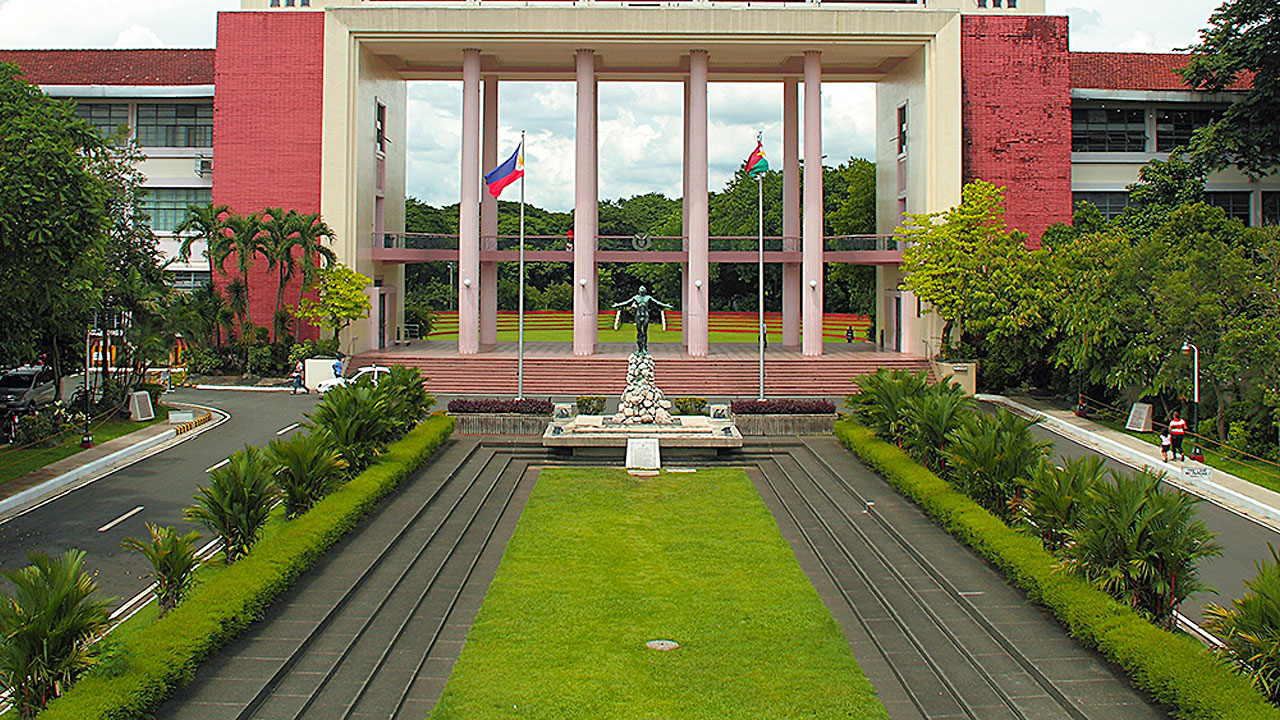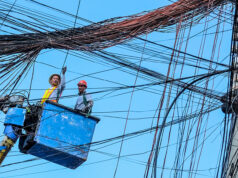Diokno: Tuition-free college education ‘unsustainable’

By Keisha B. Ta-asan, Reporter
FREE ACCESS to state university education is “unsustainable,” Finance Secretary Benjamin E. Diokno said on Saturday, signaling a possible push to amend a signature piece of legislation signed into law during the Duterte administration.
Speaking at a forum organized by the University of the Philippines School of Economics, Mr. Diokno said he had been opposed to Republic Act (RA) 10931, or the Universal Access to Quality Tertiary Education Act of 2017, when he was part of the economic team in the previous government.
Mr. Diokno, who had served the last government as budget secretary and central bank governor, also called the law “anti-poor” because “there are more poor people who do not attend college.”
“This is really a subsidy to those who can pay for their college education,” Mr. Diokno said. “Plus, it really consumes a lot of funds.”
The law provides eligible students free tuition and renders them exempt from other fees charged by state universities and colleges (SUCs), as well as local universities and colleges.
It was passed at a time when government finances were looking solid, but before it took on massive debt to fund its pandemic containment measures.
According to Mr. Diokno, if the government wants to help the poor, it should focus more on enhancing basic education.
“If you improve elementary and secondary education, then you increase the chances of (gaining entry into) SUCs. So, I think we should focus more on (the basic education system) rather than the SUCs,” he said.
Mr. Diokno also noted that if a fixed number of students enter SUCs and benefit from the free tuition fee, funding for the law’s entitlements will be “adequate.”
“But now, a lot of students want to enroll, but drop out after a year in college. Nasasayang ang pera (the money is wasted),” he said.
Under the 2024 National Expenditure Program, education was granted an allocation of P924.7 billion, 3.3% higher than this year’s budget.
This includes P51.12 billion to implement RA 10931, P12.04 billion for textbooks and other instructional materials and P11.71 billion for feeding programs in schools.
The Department of Education will see its budget rise 5.37% to P758.6 billion in 2024.



